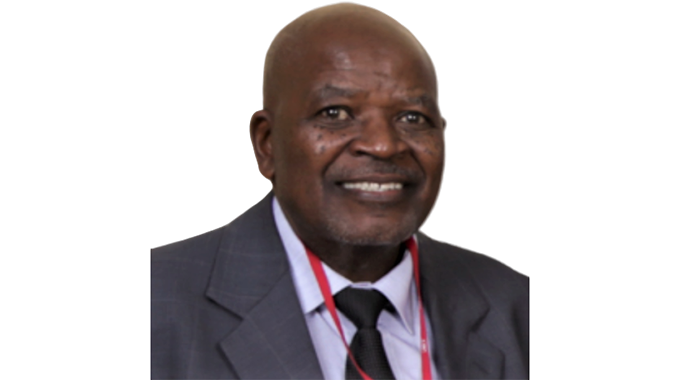AfCFTA to boost agric exports

Mandaza Chikarango
Herald Correspondent
Dairy farmers have been urged to take advantage of the African Continental Free Trade Area (AfCFTA) Agreement to access export markets and boost their incomes.
Speaking at a Dairy Value Chain policy dialogue in Harare last week, Department of Veterinary Services director Dr Josphat Nyika said AfCTA presented the country with a unique opportunity to unleash its economic potential for inclusive growth and sustainable development.
“The agreement will create a single African market of more than a billion consumers with a combined GDP of US$2.5 trillion,” he said.
“The country is taking advantage of the agreement so that it starts enjoying preferential trading and most of these goods are agricultural commodities which will tend to benefit us in terms of preferential treatment. “The potential benefits will include access to export and import markets at reduced preferential customs duties for products with agreed rules of origin from the continent. “Zimbabwe is strongly participating in negotiations under AfCFTA which are accompanying measures and policies to facilitate intercontinental trade and these include sanitary and phytosanitary measures, technical barriers to trade (TBT) and trade facilitation mechanisms, including compliance with International countries.”
Dr Nyika said the implementation of the Livestock Growth Plan was bearing fruit in the dairy sector as the nation was making headway in the attainment of the status of an upper middle income economy by the year 2030.
The main thrust of the growth plan was for the country to be self-sufficient in milk production by 2025. This is envisaged by the growth of 18 percent in milk production this year, the highest growth rate in recent times.
Dr Nyika said the Government was embarking on several dairy growth initiatives.
“Government is focusing on vertical and horizontal growth of the sector,” he said. “Vertical growth will be achieved from increasing productivity per cow per day and horizontal growth from herd increase. Clearly, vertical growth will enhance viability and profitability.
“Currently, the national dairy herd stands at around 39,000 animals, excluding mixed breeds, of which about 19 000 are milking cows. However, the national target for the milking cow population to meet and exceed domestic requirements is about 32 000 and the Government is set to improve dairy animal nutrition.”
Government had also introduced the Presidential Silage Scheme, which is set to benefit 2 000 smallholder farmers through the provision of inputs (seed fertilisers and chemicals) to establish one hectare of silage on each of these farms.
“Farmers are also benefiting from the Presidential legume pastures scheme which are higher in protein,” he said.
Dr Nyika bemoaned high feed costs which are detrimental to building up the numbers of small scale dairy farmers.
“The cost of feed accounts for 60-80 per cent of the total variable costs in dairy farming and is one of the major setbacks to the development of the value chain,” he said.
“The production costs are driven mainly by the cost of feed, followed by labour and animal health-related costs and on that note, the Government directs dairy farmers to embrace pasture based systems which drastically cut the cost of milk production by 50 percent,” said Dr Nyika.
A young dairy farmer Mr Tatendaishe Ukama of Shurugwi said the conference was an eye opener as it gave him the opportunity to gain expertise and knowledge on how to reduce the cost of production.
“As a youth, I am very excited about the Government’s efforts in resuscitating dairy farming and through this workshop, I have learnt a host of things here and I am going to put the knowledge gathered here to good use,” said Mr Ukama.
The meeting was attended by Government officials, dairy farmers and other stakeholders in the industry.








Comments